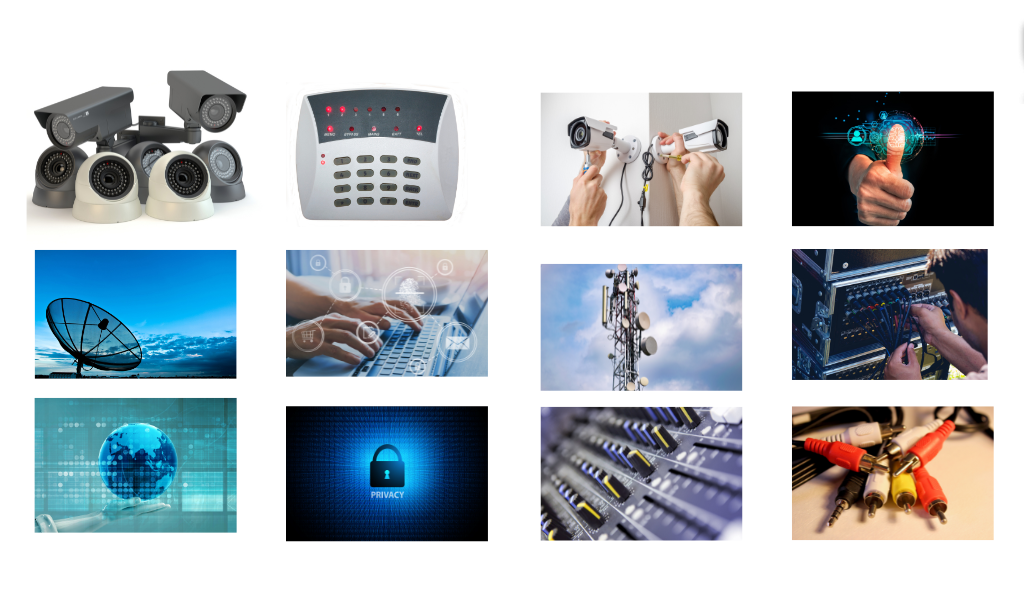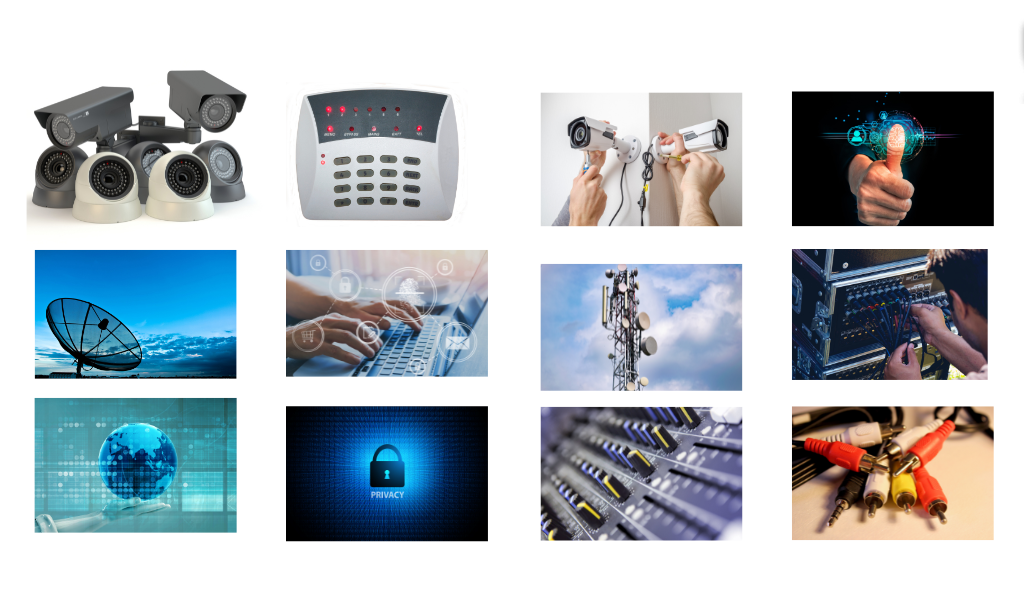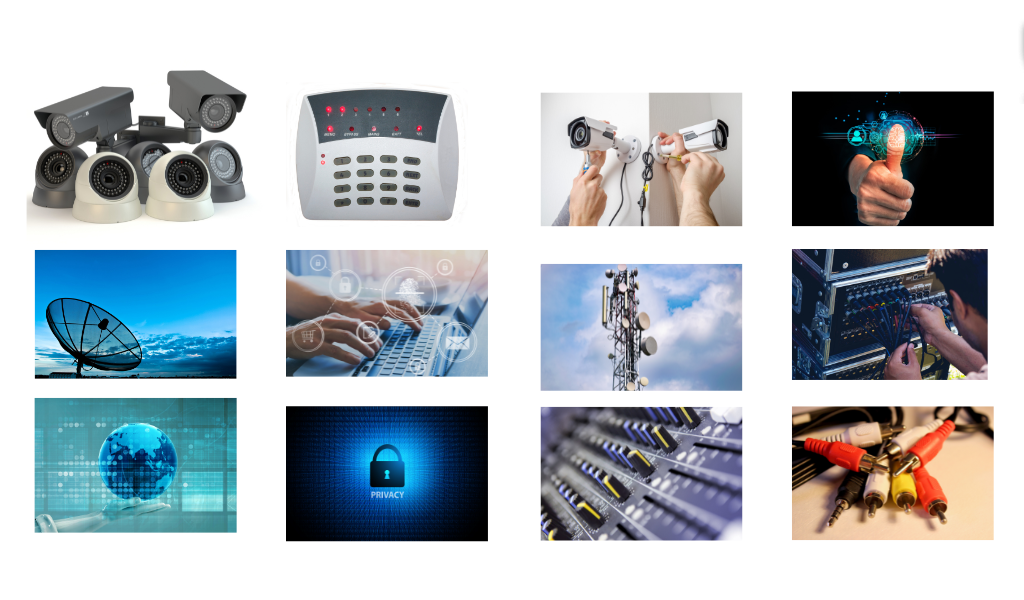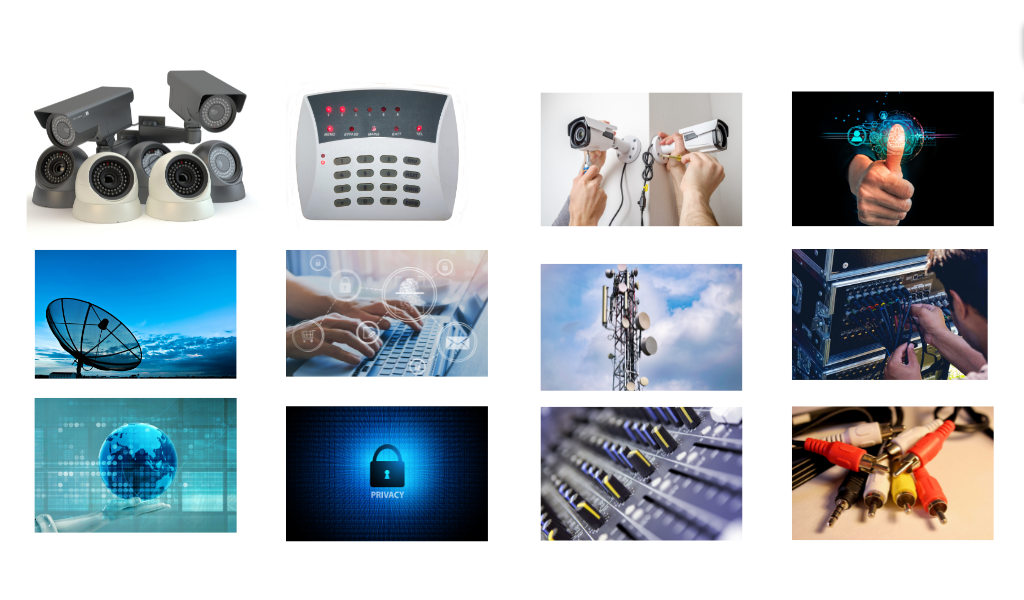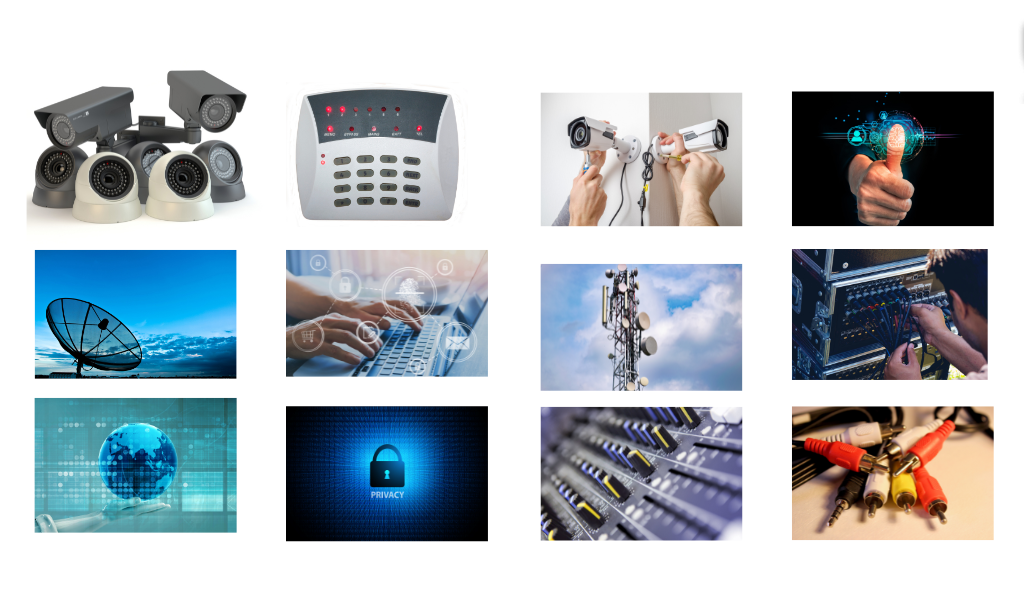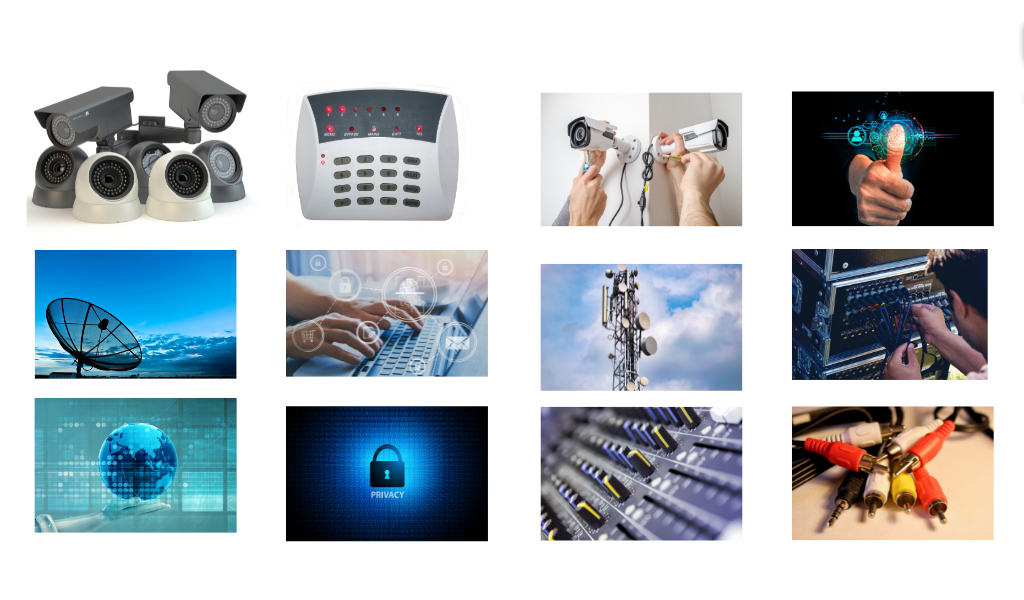 Website Copy Makeover – Turn Visitors into Buyers Instantly!
Website Copy Makeover – Turn Visitors into Buyers Instantly!
What’s the ethical debate surrounding the use of AI in CCTV camera surveillance systems?
Written by pos » Updated on: June 17th, 2025

Artificial intelligence (AI) has transformed the capabilities of CCTV camera surveillance systems. With advancements in facial recognition, behavioral analysis, and real-time monitoring, AI-powered systems offer unparalleled efficiency in identifying threats and ensuring public safety. Partnering with the Best Security Company allows you to leverage these innovative technologies while addressing critical ethical considerations, including privacy, fairness, and societal implications.
Understanding the ethical dimensions of this technology is crucial for balancing its benefits with the potential risks it poses to individual rights and freedoms.
The Role of AI in Modern CCTV Surveillance
AI enhances CCTV systems by enabling automated detection and analysis of suspicious activities. Unlike traditional systems that rely on manual monitoring, AI can process vast amounts of data quickly and accurately. Capabilities such as object recognition, facial identification, and predictive analytics have revolutionized security operations in public spaces, corporate environments, and even residential areas.
Despite these benefits, the integration of AI into surveillance systems is not without challenges. The increased efficiency comes with ethical dilemmas that need to be addressed to ensure responsible use.
Privacy Concerns in AI-Powered Surveillance
One of the most contentious issues surrounding AI in CCTV systems is the potential infringement on privacy rights. Surveillance cameras equipped with AI can collect and process personal data on a massive scale, often without explicit consent from individuals. Facial recognition technology, for instance, can identify individuals in real-time, creating a sense of constant monitoring.
This pervasive surveillance raises concerns about the right to privacy, especially in public spaces where people may not expect to be constantly scrutinized. The debate intensifies when governments or corporations use such technology without transparency, leaving individuals unaware of how their data is being collected and used.
The Risk of Bias in AI Algorithms
Another ethical issue is the potential for bias in AI algorithms. Surveillance systems are only as unbiased as the data they are trained on. If the training data is skewed or unrepresentative, the AI may exhibit discriminatory behavior, disproportionately targeting certain groups based on race, gender, or socioeconomic status.
Instances of racial bias in facial recognition systems have already been documented, leading to wrongful accusations and unjust treatment. These biases undermine the fairness and reliability of AI-powered surveillance, raising ethical questions about its deployment in diverse communities.
Transparency and Accountability in AI Surveillance
Transparency is a cornerstone of ethical AI use, yet it is often lacking in surveillance applications. Many AI systems operate as "black boxes," meaning their decision-making processes are not easily understood by users or regulators. This opacity makes it difficult to hold system developers and operators accountable for errors or abuses.
For example, if an AI-powered CCTV system incorrectly identifies an individual as a threat, there should be mechanisms to challenge and rectify the decision. Without transparency and accountability, the potential for misuse and harm increases, eroding public trust in such technologies.
Balancing Security and Civil Liberties
The ethical debate also revolves around the balance between enhancing security and protecting civil liberties. Proponents argue that AI-driven CCTV systems are necessary for public safety, as they can detect threats more effectively than human operators. However, critics warn that excessive surveillance can lead to a surveillance state, where individual freedoms are curtailed in the name of security.
This balance is particularly challenging in democratic societies, where the protection of civil liberties is a fundamental principle. Striking a fair equilibrium requires robust legal frameworks that regulate the use of AI in surveillance, ensuring it serves the public interest without infringing on individual rights.
Consent and Public Awareness
Another key ethical issue is the lack of informed consent in AI surveillance. In many cases, individuals are unaware that they are being monitored by AI-powered cameras or that their data is being analyzed. This lack of transparency violates the principle of informed consent, which is essential for ethical data collection and use.
Raising public awareness about the capabilities and implications of AI surveillance is crucial for fostering informed debates and decision-making. Clear signage, accessible privacy policies, and public consultations can help ensure that individuals are aware of and agree to the use of such technologies in their environments.
Ethical Frameworks for Responsible AI Use
To address these ethical concerns, governments, organizations, and technology developers must adopt ethical frameworks for the use of AI in CCTV systems. These frameworks should emphasize principles such as fairness, accountability, and transparency. Regular audits and impact assessments can help ensure that AI systems are designed and deployed responsibly.
Additionally, regulations such as the General Data Protection Regulation (GDPR) provide guidelines for data protection and privacy, which can serve as a foundation for ethical AI practices. Adhering to these regulations can help mitigate the risks associated with AI surveillance.
The Role of Public and Private Sectors
Both public and private sectors have a role to play in addressing the ethical challenges of AI surveillance. Governments must enact and enforce laws that regulate the use of AI in CCTV systems, ensuring that these technologies are used in ways that respect human rights. Meanwhile, private companies developing AI solutions must prioritize ethical considerations in their design and deployment processes.
Collaboration between stakeholders, including policymakers, technology developers, and civil society organizations, is essential for creating ethical guidelines that align with societal values and expectations.
Conclusion
The ethical debate surrounding the use of AI in CCTV camera surveillance systems is complex and multifaceted. While these technologies offer significant benefits in terms of security and efficiency, they also pose risks to privacy, fairness, and accountability. Addressing these challenges requires a concerted effort to develop and enforce ethical frameworks that balance the advantages of AI surveillance with the protection of individual rights.
By fostering transparency, ensuring fairness, and upholding the principles of accountability, society can harness the potential of AI in surveillance while mitigating its ethical risks. In doing so, we can create a future where technology serves the public good without compromising fundamental freedoms.
Note: IndiBlogHub features both user-submitted and editorial content. We do not verify third-party contributions. Read our Disclaimer and Privacy Policyfor details.
Copyright © 2019-2025 IndiBlogHub.com. All rights reserved. Hosted on DigitalOcean for fast, reliable performance.



